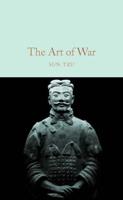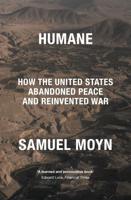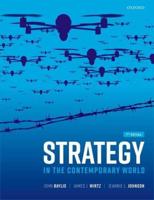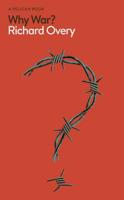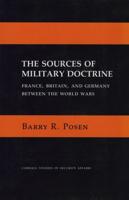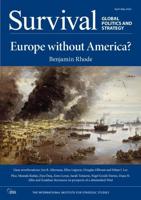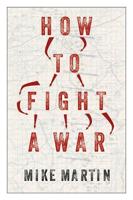Publisher's Synopsis
This book analyzes the strategic implications of the shift in focus for the US Armed Forces from regular to irregular war.
Lawrence Freedman closely examines the difficulty the US Armed Forces face in shifting their focus from preparing for regular wars, in which combat is separated from civil society, to irregular wars, in which combat is integrated with civil society. He argues that the political context of contemporary irregular wars requires that the purpose and practice of western forces be governed by liberal values, showing that this is also the case with regular wars, to the extent they occur, but it is the integration with civil society that makes the application of liberal values so challenging.
The Transformation of Strategic Affairs suggests that this challenge becomes easier to meet when military operations are understood to contribute to the development of a compelling narrative about the likely course and consequence of a conflict, in which these values are shown to be respected. At the same time, however, while it is vital that the employment of armed force remains sensitive at all times to the underlying political context, and sensitive to the role of narratives in shaping this context, the book shows that a key test of success will always be the defeat of the opposing forces. The 'war on terror' has highlighted these issues, and this Adelphi Paper concludes with much-needed suggestions for a strategic response.
This book will be of great interest to students of the US Armed Forces, politics, strategic studies and military history.


